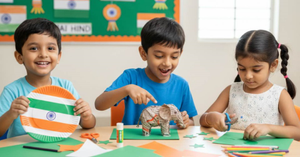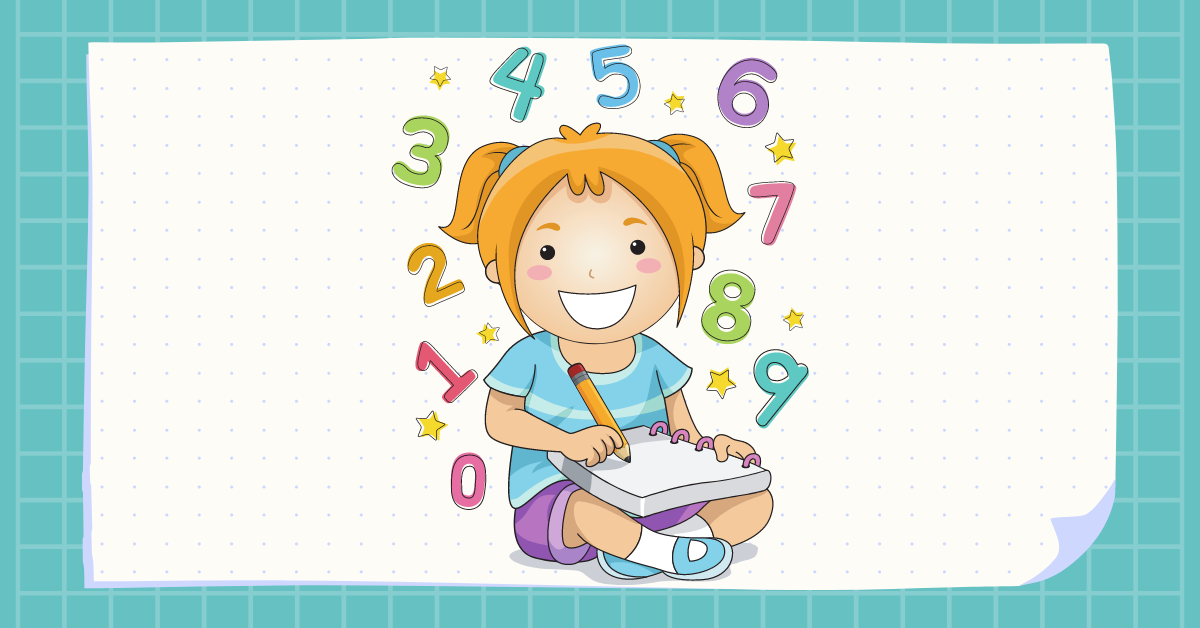Introduction
In the corner of a classroom or during free periods, a student might sketch anime characters, build a game, dance quietly, or solve puzzles for fun. These moments, often dismissed as “just hobbies,” hold the seeds of future success. Schools that recognize and support these sparks of interest can help students evolve from passive enthusiasts into skilled achievers. The path from hobby to high achievement isn’t accidental—it’s nurtured through time, mentorship, and opportunities.
Hobbies Are the Entry Point
Hobbies are often where true learning begins—driven not by grades, but by passion. Unlike formal academics, they offer a low-pressure environment where students explore freely. This exploration helps them:
- Discover what excites them
- Build intrinsic motivation
- Test creativity and endurance
Spotting and Supporting Talent Early
Teachers and parents play a critical role. Instead of waiting for talent to surface formally, they should notice patterns:
- A student who writes daily
- A child who rebuilds devices or edits videos
- Someone solving advanced math problems for fun
Encouragement at this stage builds confidence and signals that their interests are valid.
Turning Interest into Skill
The transition from hobbyist to achiever happens when effort meets structure. Schools can support this by:
- Offering elective courses related to niche interests
- Creating hobby-based clubs (coding, debate, robotics, art)
- Inviting professionals or alumni for guest sessions
- Providing platforms for showcasing work
Managing Expectations
It’s important to separate achievement from external pressure. Not every hobby needs to become a profession. The goal is to help students grow, not push them into premature specialization.
Conclusion
From hobbies, talents bloom. When schools become spaces that nurture—not overlook—these sparks, they help students build both skill and identity. What begins as a casual passion can lead to confidence, excellence, and sometimes, a lifelong path.








Be the first one to comment on this story.